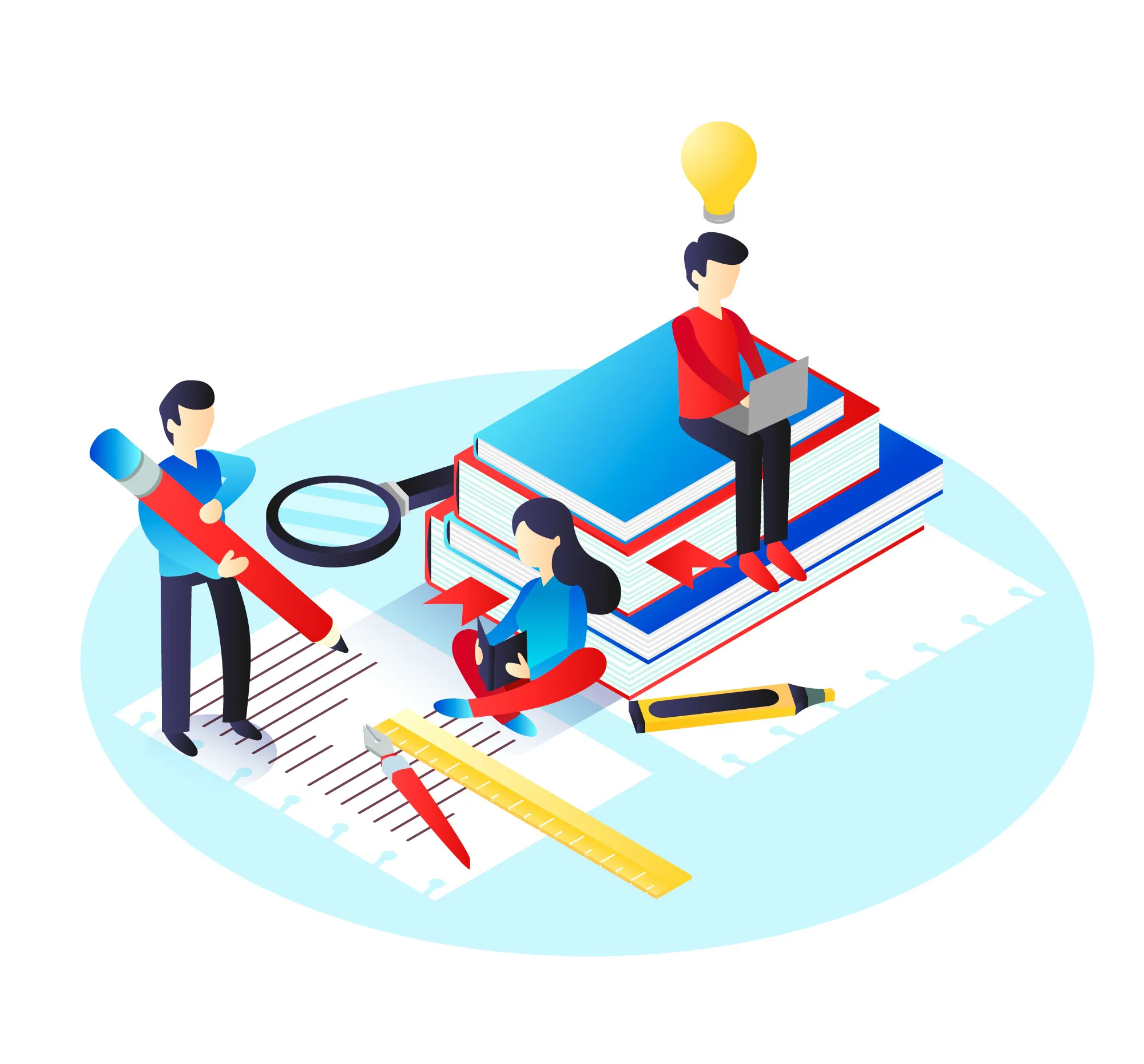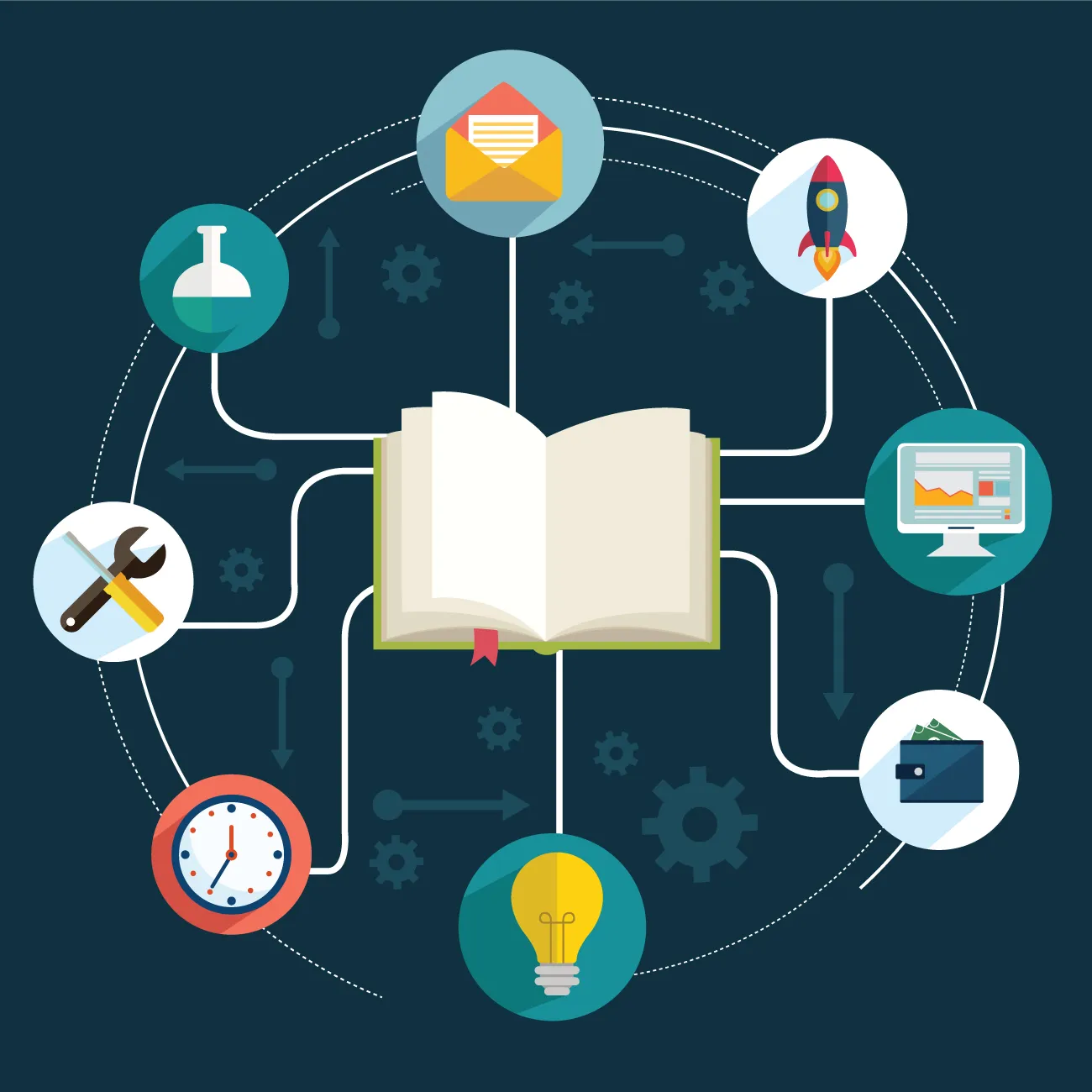

Introduction:
Education is no longer limited to textbooks and classroom lectures. In recent years, there has been a paradigm shift in the way we perceive and approach learning. Experiential learning has emerged as a powerful educational philosophy that emphasizes the importance of hands-on experiences, active participation, and reflection in the learning process. This blog aims to delve deeper into the concept of experiential learning, exploring its principles, benefits, and implementation strategies.
The Essence of Experiential Learning:
Experiential learning is a learner-centered approach that encourages students to engage in direct experiences and reflect upon them to construct knowledge and develop skills. It focuses on the idea that learning is most effective when students actively participate in authentic, real-world situations. Unlike traditional passive learning methods, experiential learning places learners at the center of the educational process.
Principles of Experiential Learning:
Engaging Experiences: Experiential learning emphasizes the importance of providing students with meaningful and engaging experiences. These experiences can take the form of field trips, hands-on projects, simulations, internships, and community-based activities.
Reflection and Meaning Making: After engaging in experiences, students are encouraged to reflect upon their experiences and extract meaning from them. Reflection helps students connect theory to practice, make connections, and develop critical thinking skills.
Active Experimentation: Experiential learning encourages students to apply their knowledge and skills in practical settings. This active experimentation allows them to test theories, make mistakes, and learn from their experiences, fostering a deeper understanding of concepts.
Benefits of Experiential Learning:
Enhanced Engagement: Experiential learning captivates students' interest by making education relevant and relatable. It creates a sense of excitement and curiosity, leading to improved engagement and motivation.
Practical Application of Knowledge: By engaging in real-world experiences, students have the opportunity to apply theoretical knowledge to practical situations. This practical application enhances understanding and retention of concepts.
Development of Critical Thinking Skills: Experiential learning encourages students to think critically, solve problems, and make decisions in authentic contexts. This develops their analytical and problem-solving abilities, essential skills for success in the 21st-century workforce.
Collaboration and Communication: Experiential learning often involves collaborative projects and group activities, fostering teamwork, communication, and interpersonal skills. Students learn to work effectively in diverse teams, strengthening their social skills.
Implementing Experiential Learning:

Designing Engaging Experiences: Educators should create experiences that align with learning objectives and provide opportunities for students to explore, investigate, and discover. Field trips, guest speakers, role-playing, and hands-on experiments are effective strategies.
Structured Reflection: Reflection is an integral part of experiential learning. Teachers should facilitate structured reflection sessions where students can discuss their experiences, analyze challenges, and identify key takeaways.
Assessment and Feedback: Assessments should be designed to evaluate students' learning outcomes based on their experiences. Projects, presentations, portfolios, and self-assessments can provide insights into students' understanding and growth. Constructive feedback should be provided to guide students' progress.
Conclusion:
Experiential learning represents a significant shift in education, placing the learner at the forefront of the learning process. By engaging in real-world experiences, reflecting on them, and actively applying knowledge, students develop a deeper understanding of concepts, critical thinking skills, and practical application abilities. The benefits of experiential learning extend beyond the classroom, preparing students for success in their personal and professional lives. As educators, it is crucial to embrace this paradigm shift and provide students with rich, immersive learning experiences that foster their holistic development.